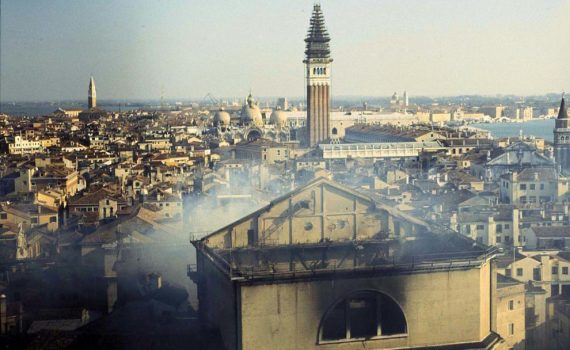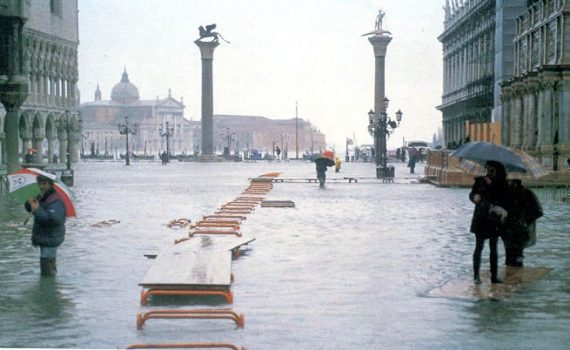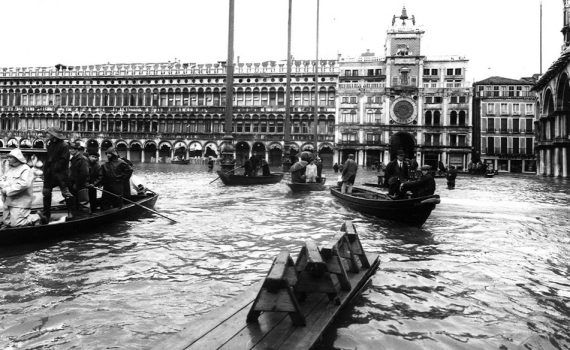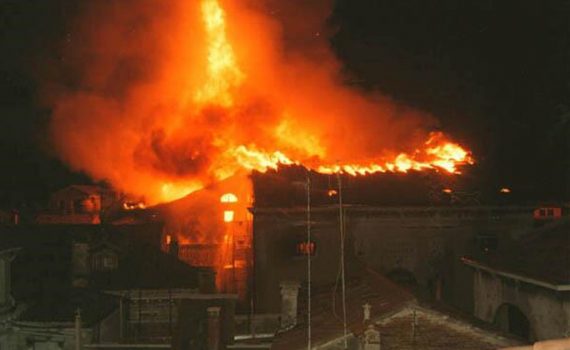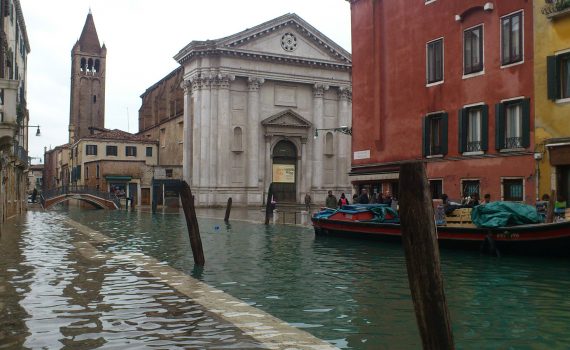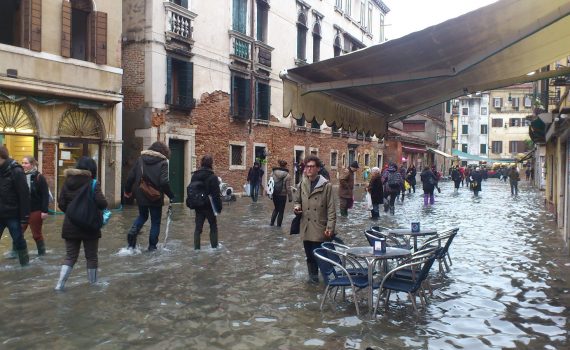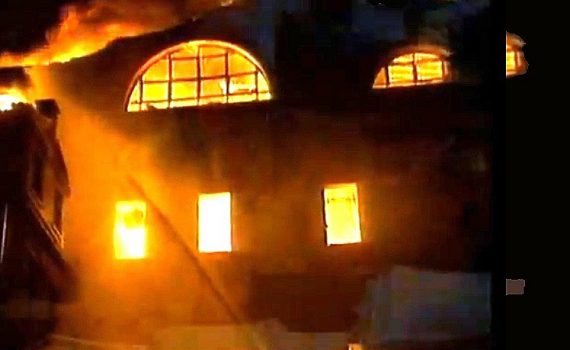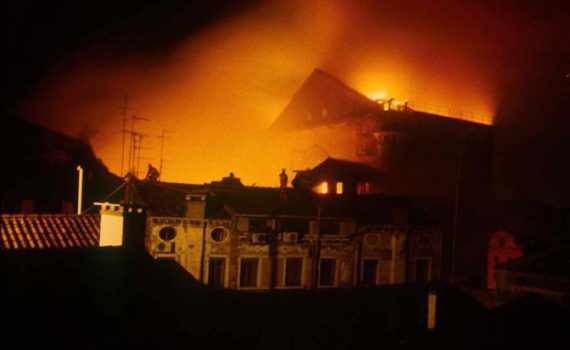This also in the presence of current and future climate changes, which require particular attention to coastal and marine environments (where sea level rise can lead to serious consequences), where the concept of resilience becomes important, i.e. environments to adapt to the changes themselves.
Published on 21-06-2021
Risk management and resilient cities
The issues of risk management from natural events (such as earthquakes, floods, fires) and anthropogenic (industrial accidents, terrorist attacks) are of significant importance in all those contexts where there is the coexistence of residential, productive activities (especially industrial), tourism and environments of historical-cultural, naturalistic and landscape value. The intersection of these aspects, at the level of territorial, socio-economic and infrastructural coexistence, can produce critical issues that can lead to harmful consequences for the anthropic and natural environment.
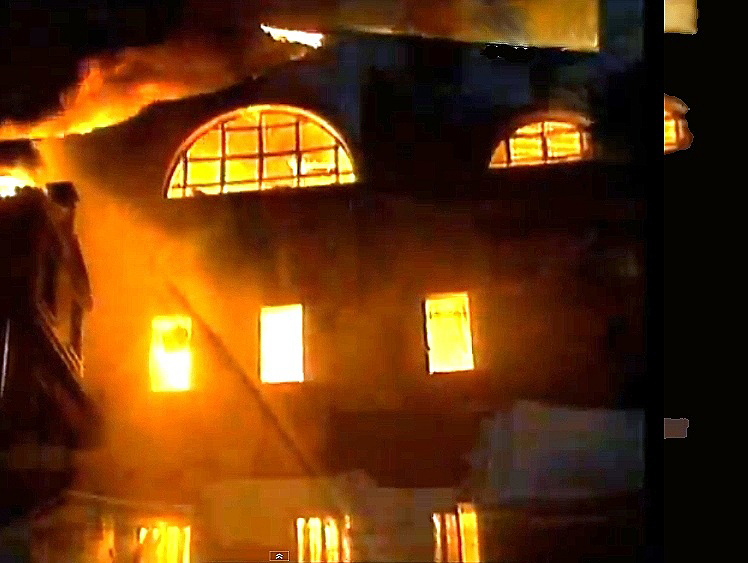
In recent years, the concept of Disaster Risk Reduction (DRR-reduction of risk from disasters), connected to the concept of Building Back Better (BBB-Rebuilding better), has assumed great political, social, economic, strategic and operational importance, also in the face of international guidelines and prescriptions, linked for example to the “Sendai Framework for Disaster Risk Reduction” (an international document adopted by the member states of the United Nations on March 15, 2015), highlighting how the historical and cultural condition of cities, sites, regions risk must be faced together with the possible consequences in the economic, social and environmental structure of these territories.
CORILA is engaged in the study of these issues, first of all in the city of Venice and its lagoon, an environment of historical, cultural and naturalistic value unique in the world.
CORILA is the partner organization of the Municipal Administration of Venice for the activities relating to the United Nations Campaign to make cities resilient “Making cities resilient – My city is Getting Ready!”. In 2011 Venice joined the Campaign which today brings together more than 1500 cities in the world including Bangkok, Istanbul, Madrid, Mexico City, San Francisco. Venice was the first Italian city to join the campaign, followed by Ancona, Rome and Florence and 32 other Italian cities.
CORILA participated in the European project Kulturisk (FP7) with the aim of developing a culture of risk prevention, through the development of an innovative methodology for evaluating the benefits of various prevention measures for different types of hydrogeological disasters: it was developed, applied and validated in specific European case studies in order to demonstrate the benefits of existing prevention measures, such as warning systems, non-structural measures (risk maps and planning), risk transfer strategies (insurance policies ) and structural measures.
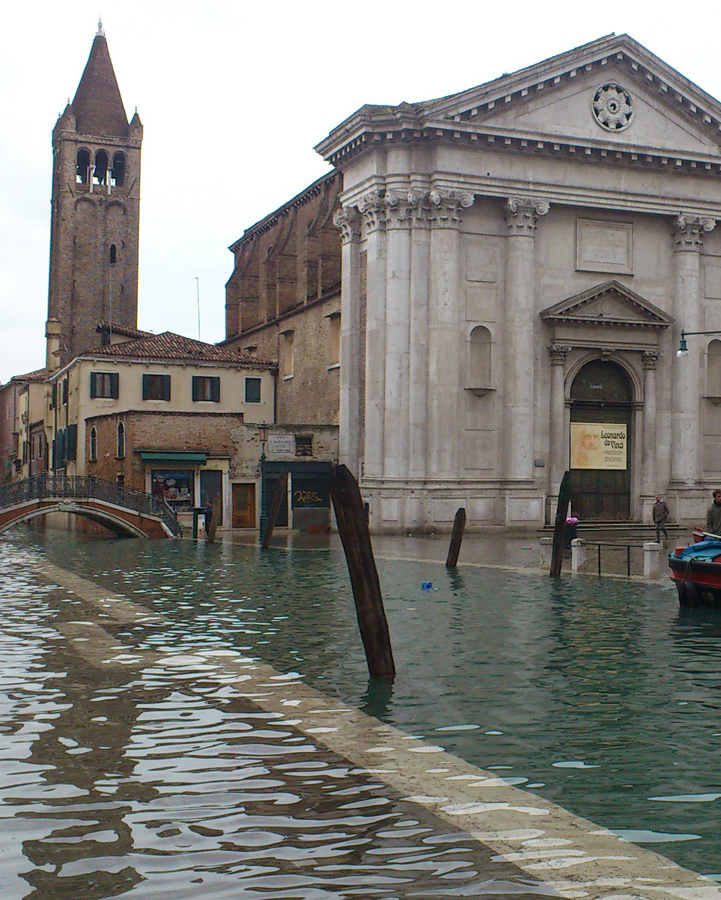
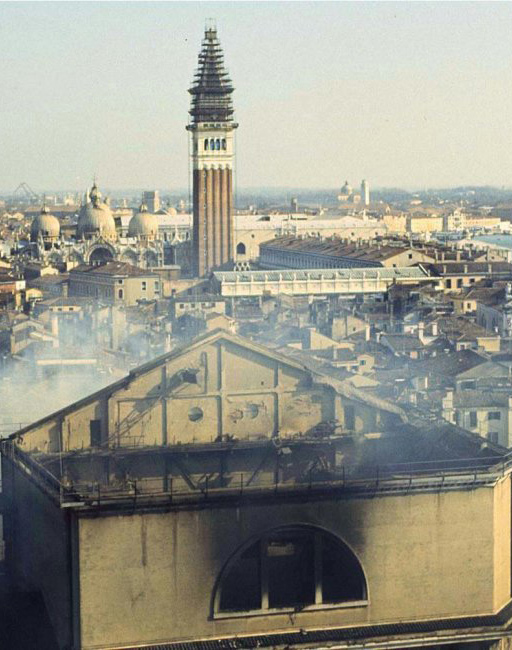
CORILA was a partner of the European ResCult project “An Interoperable European Database to Support Civil Protection in the Safeguarding of Cultural Heritage” (DG ECHO), which had the purpose of improving the capacity of Civil Protection to prevent and mitigate the impact of disastrous events (natural or artificial) on Cultural Heritage, and to provide tools and methodologies for risk assessment. CORILA participated in the project, also with a case study in the city of Venice, with the development of a specific risk assessment model for historic buildings and cultural heritage, for earthquake, fire and flood risks.



